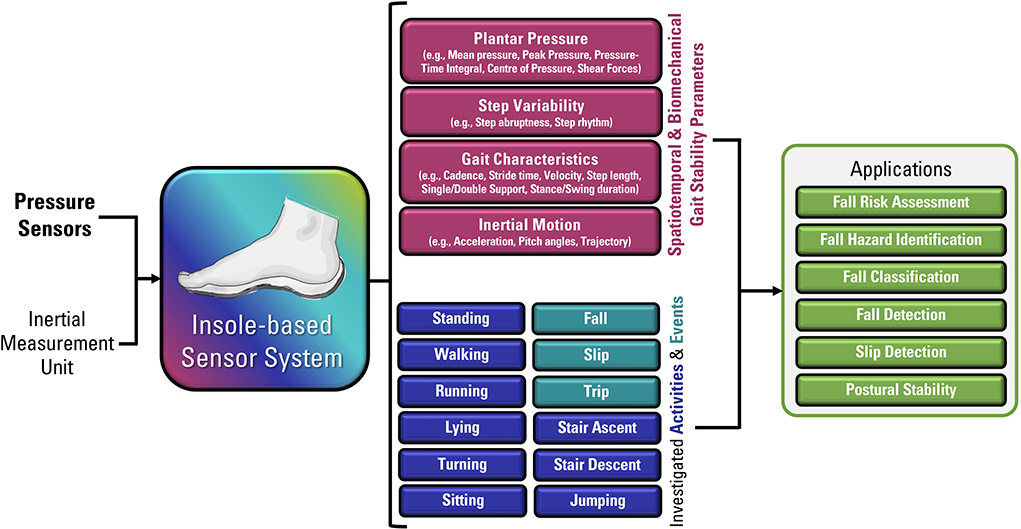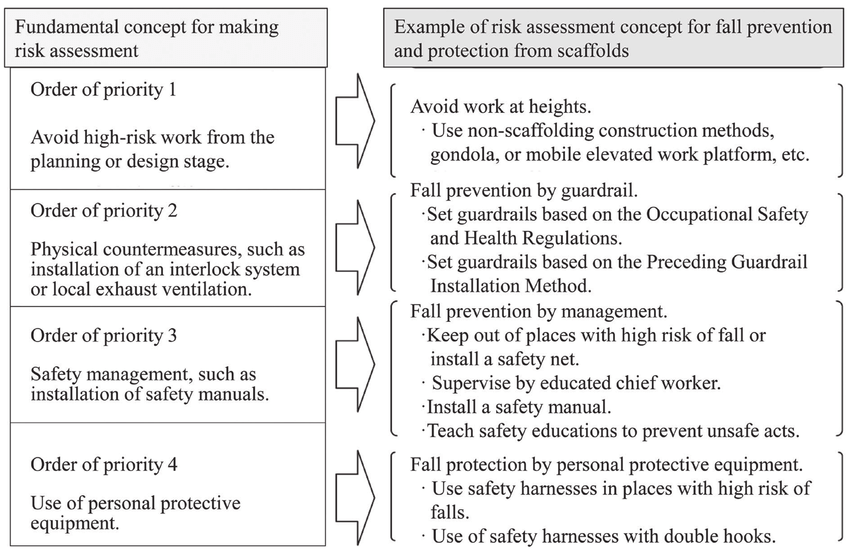The Main Principles Of Dementia Fall Risk
Table of ContentsNot known Factual Statements About Dementia Fall Risk Some Known Details About Dementia Fall Risk The Of Dementia Fall Risk10 Simple Techniques For Dementia Fall Risk
An autumn danger evaluation checks to see how most likely it is that you will certainly fall. The assessment generally consists of: This includes a collection of concerns about your total health and wellness and if you've had previous drops or troubles with balance, standing, and/or strolling.Interventions are referrals that may minimize your threat of falling. STEADI includes 3 steps: you for your threat of falling for your danger factors that can be enhanced to attempt to prevent falls (for instance, equilibrium troubles, impaired vision) to minimize your threat of dropping by utilizing reliable techniques (for example, supplying education and learning and resources), you may be asked several concerns consisting of: Have you dropped in the previous year? Are you stressed about falling?
If it takes you 12 secs or even more, it may imply you are at higher risk for a fall. This test checks toughness and equilibrium.
Relocate one foot midway ahead, so the instep is touching the huge toe of your various other foot. Relocate one foot totally in front of the other, so the toes are touching the heel of your various other foot.
What Does Dementia Fall Risk Mean?
The majority of falls take place as an outcome of numerous contributing aspects; for that reason, managing the danger of dropping begins with recognizing the elements that add to drop risk - Dementia Fall Risk. A few of one of the most relevant danger variables include: History of previous fallsChronic clinical conditionsAcute illnessImpaired gait and balance, reduced extremity weaknessCognitive impairmentChanges in visionCertain risky medications and polypharmacyEnvironmental elements can likewise raise the danger for falls, including: Poor lightingUneven or damaged flooringWet or slippery floorsMissing or harmed handrails and get hold of barsDamaged or poorly fitted equipment, such as beds, wheelchairs, or walkersImproper usage of assistive devicesInadequate guidance of individuals living in the NF, including those who display aggressive behaviorsA successful fall danger administration program calls for a complete clinical analysis, with input from all members of the interdisciplinary team

The care plan ought to additionally include treatments that are system-based, such as those that promote a risk-free environment (proper illumination, hand rails, grab bars, etc). The effectiveness of the my response interventions must be reviewed periodically, and the care strategy changed as essential to mirror adjustments in the fall risk assessment. Executing a fall risk management system using evidence-based ideal practice can lower the occurrence of falls check my site in the NF, while limiting the potential for fall-related injuries.
Dementia Fall Risk - The Facts
The AGS/BGS standard recommends evaluating all adults matured 65 years and older for fall risk annually. This testing consists of asking people whether they have fallen 2 or more times in the previous year or looked for clinical attention for a fall, or, if they have not dropped, whether they feel unsteady when strolling.
Individuals that have dropped when without injury needs to have their balance and stride examined; those with gait or equilibrium abnormalities ought to obtain extra assessment. A history of 1 fall without injury and without gait or equilibrium problems does not necessitate further analysis past continued yearly fall danger testing. Dementia Fall Risk. A fall threat assessment is needed as component of the Welcome to Medicare evaluation

The Dementia Fall Risk Ideas
Documenting a falls history is among the top quality indications for loss avoidance and management. An essential component of threat analysis is a medicine evaluation. A number of courses of medicines increase autumn danger (Table 2). Psychoactive medications in specific are independent browse around these guys predictors of drops. These medicines often tend to be sedating, modify the sensorium, and hinder balance and stride.
Postural hypotension can usually be alleviated by reducing the dose of blood pressurelowering medicines and/or quiting drugs that have orthostatic hypotension as a negative effects. Use of above-the-knee support pipe and copulating the head of the bed elevated might also reduce postural decreases in blood pressure. The recommended aspects of a fall-focused checkup are displayed in Box 1.

A Pull time greater than or equal to 12 seconds recommends high loss risk. Being not able to stand up from a chair of knee elevation without making use of one's arms shows enhanced autumn danger.
Comments on “Dementia Fall Risk for Dummies”